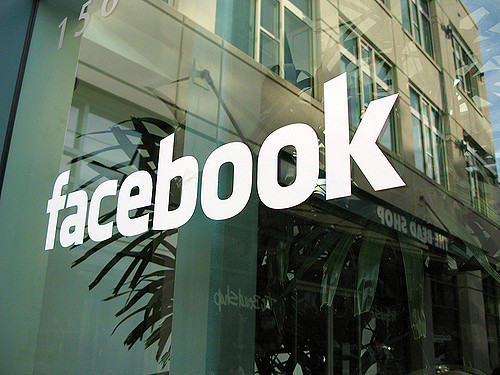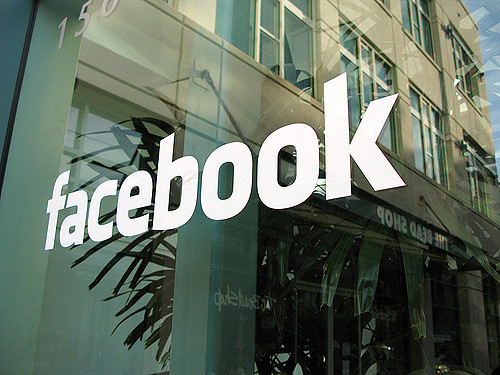
 Photo Credit: Marco Paköeningrat/Flickr.com
Photo Credit: Marco Paköeningrat/Flickr.com
Meta (Nasdaq: META), formerly Facebook, announced its quarterly results earlier this week that failed to impress the market. The company’s disappointing outlook coupled with big investment plans for AI sent the stock falling 16% in the afterhours trading session.
Meta’s FinancialsMeta’s Q1 revenues grew 27% to $36.46 billion, ahead of the Street’s expected $36.16 billion. Earnings more than doubled to $4.71 per share, and were also ahead of the market’s forecast of $4.32 for the quarter. The significant growth in the earnings was attributed to the expense restructuring efforts that Meta has been implementing for over a year and the 16% reduction of sales and marketing costs. Its headcount fell 10% to 69,329. It had cut about 21,000 jobs in the first half of 2023.Meta no longer reports daily active users and monthly active users, and instead started reporting on family daily active people. Meta defines a daily active person (DAP) as a registered and logged-in user of its Family of products that include Facebook, Instagram, Messenger, and/or WhatsApp, who visited at least one of these Family products through a mobile device application or using a web or mobile browser on a given day. That number improved 7% to 3.24 billion for March 2024.Advertising revenue jumped 27% to $35.64 billion. Its Reality Labs unit, where Meta reports its hardware and software for development of metaverse, continues to bleed cash. Reality Labs reported sales of $440 million and generated $3.85 billion in losses. Total accumulated losses for the segment have grown to over $45 billion. Analysts expected the division to show an operating loss of $4.31 billion.For the second quarter, Meta expects revenues to be in the range of $36.5-$39 billion, compared with the $38.3 billion average analyst estimate.
Meta’s AI PlansMeta continues to invest in AI and has now increased its planned full-year capital expenditure to $35-$40 billion compared with its previous guidance of $30-$37 billion. The increased investment is targeted toward infrastructure developments to support AI. Analysts aren’t thrilled with the aggressive outlay.Meta believes that it will be able to monetize the increased investment in the future. It is already leveraging AI capabilities by integrating them into its existing offerings. The posts on Facebook feeds delivered by Meta’s AI recommendation system have more than doubled to over 30%. This was the first quarter when more than 50% of the content that people saw on Instagram was AI recommended. The AI recommendation engine has improved user engagement for Meta and thus can potentially transform to higher monetization capabilities through a more targeted advertising.Meta is in the early stages of testing AI agents that could be used by organizations on Messenger and WhatsApp to communicate directly with customers. Meta also launched MetaAI, that is powered by Llama3, its latest AI model. The new AI assistant has been integrated into Facebook, Instagram, and WhatsApp, and is expected to help Meta compete with OpenAI’s ChatGPT and Google Gemini chatbot. The initial reviews for the AI assistant have been positive.While Meta chose to downplay the impact of a potential TikTok sale, analysts are of the opinion that the event could significantly benefit Meta. Earlier this week, President Joe Biden signed into law a bill that would either force the sale of TikTok or ban the app within a year. ByteDance, TikTok’s owners, are looking to contest the validity of the decision. TikTok currently boasts of over 170 million US users, 3.3 trillion viewing minutes, and $8-$14 billion in ad dollars. If the sale were to go through, Meta and Google are expected to be significant beneficiaries for these ad dollars. It is still too early to say how things pan out, but it will make for an interesting development.Meta’s stock is trading at $436.21 with a market capitalization of $1.1 trillion. It hit a 52-week high of $531.49 earlier this month and a 52-week low of $208.8 in April last year.More By This Author:Analysis Of Databricks’ Lilac AcquisitionH2O.ai Builds Smaller AI ModelsIs BigML Just Another Small ML Platform Player?















